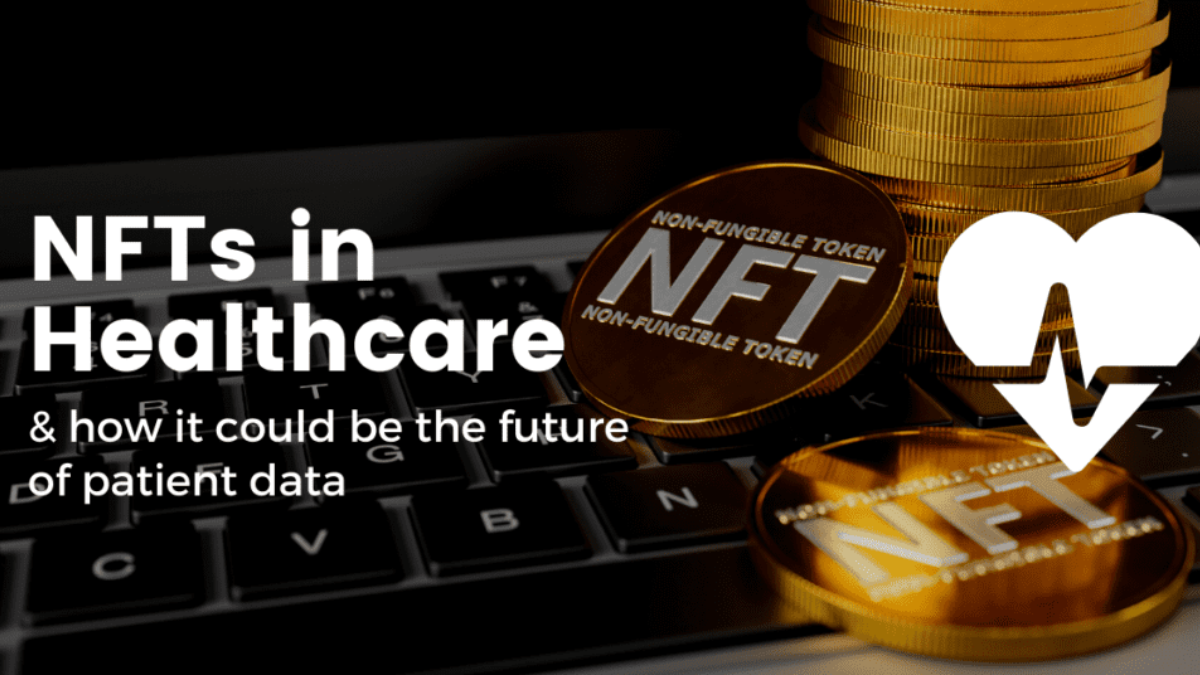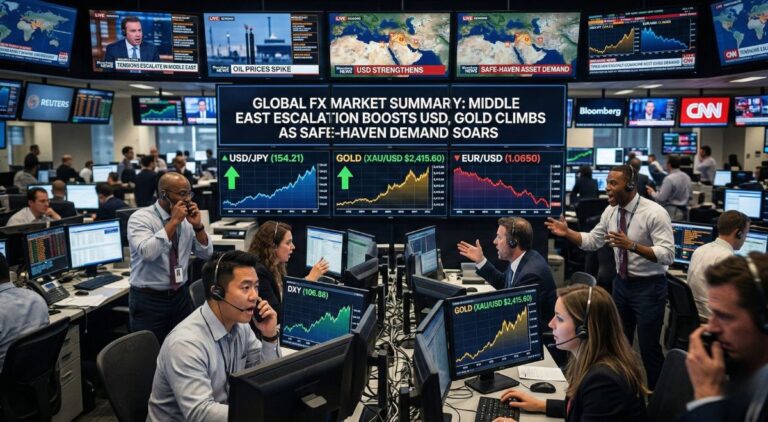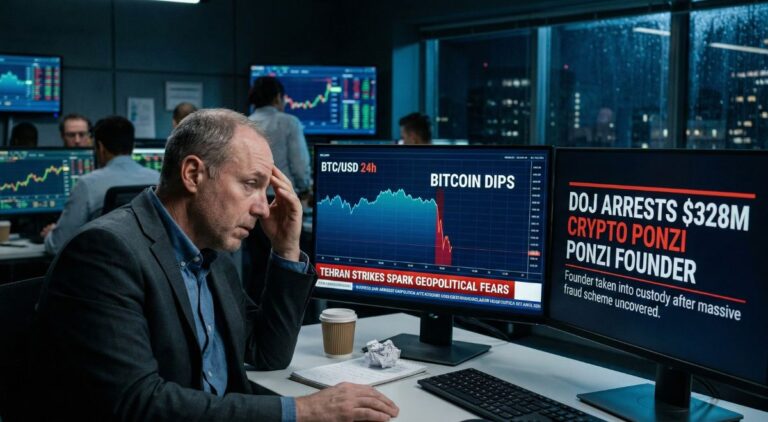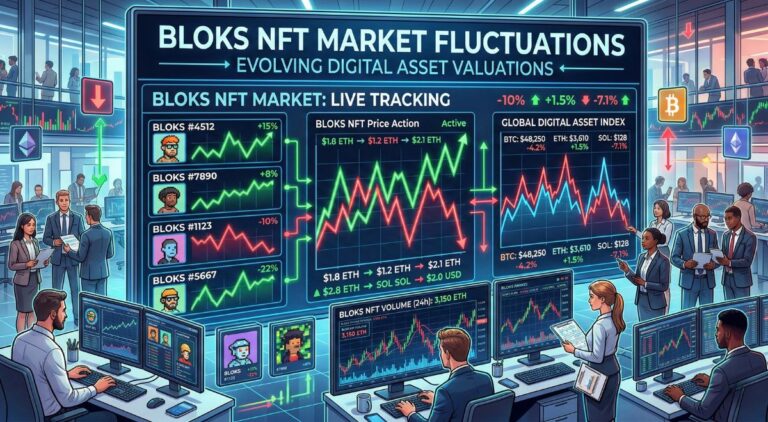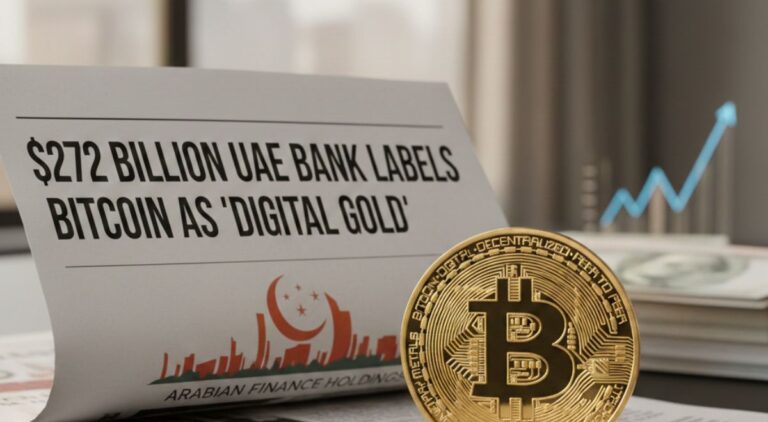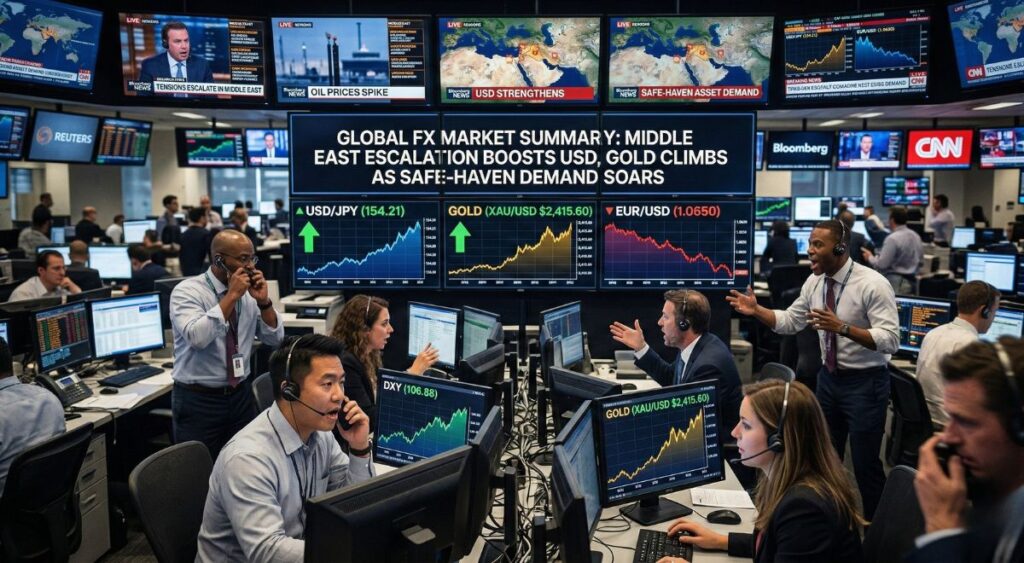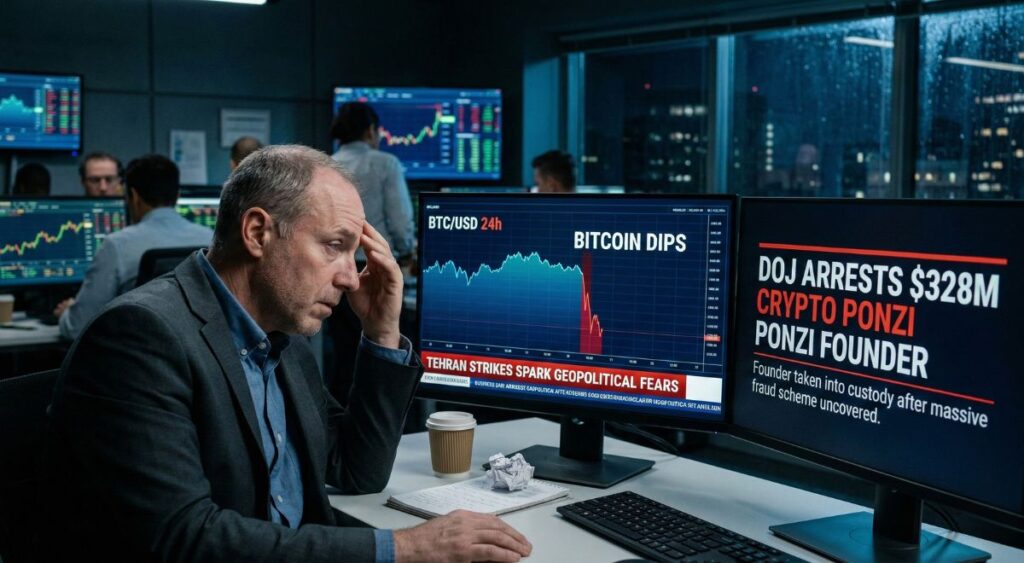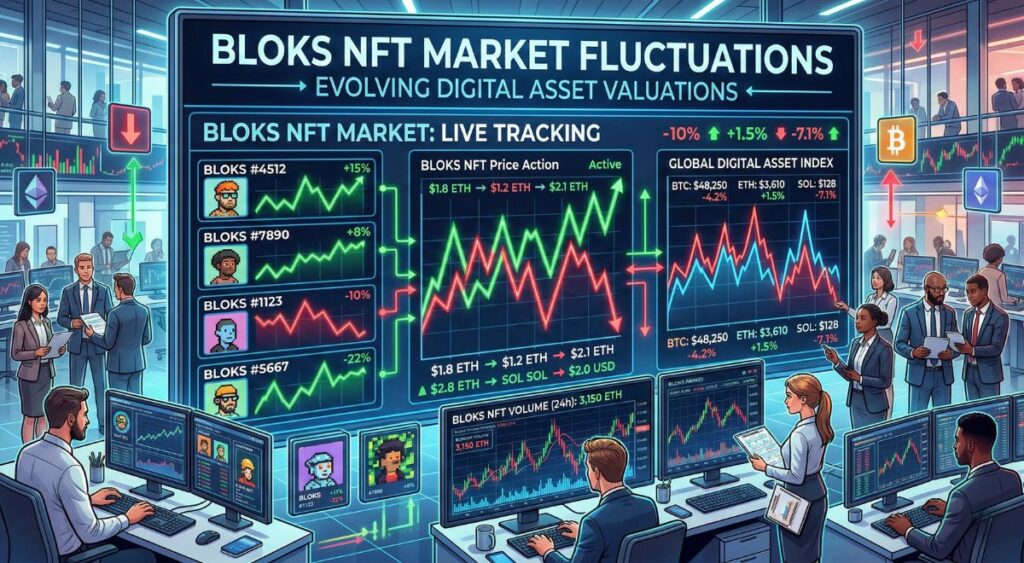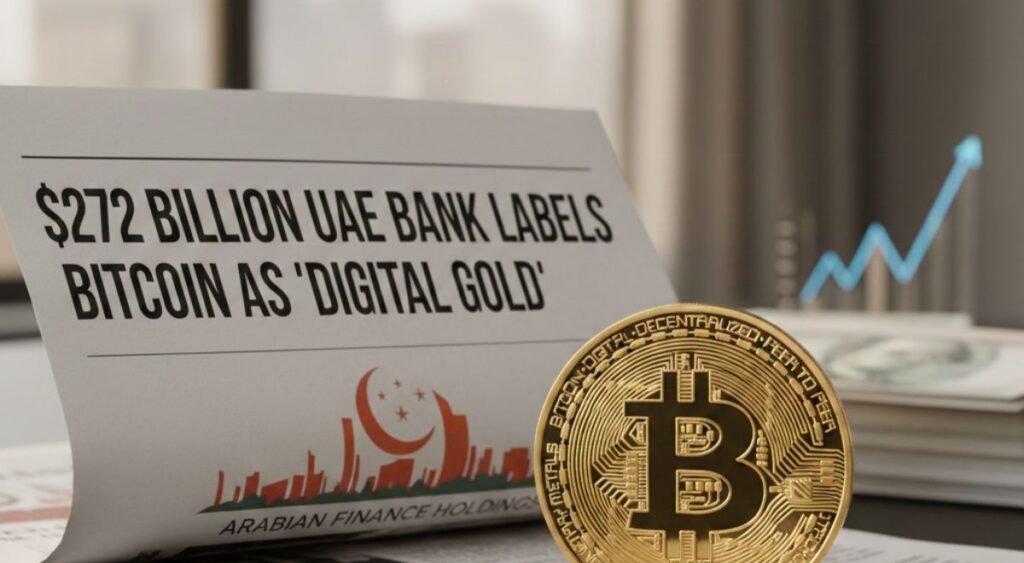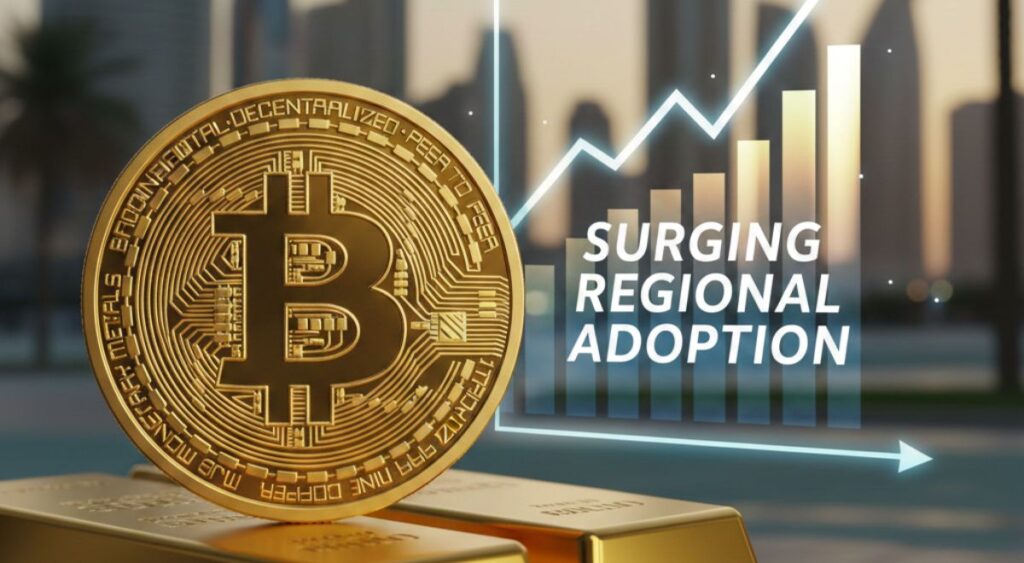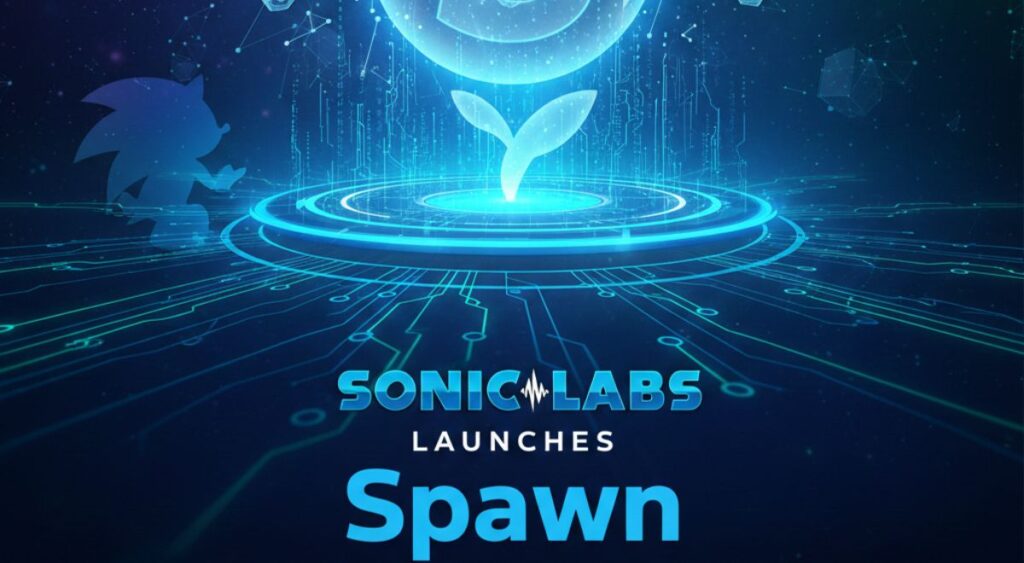One of the recent most widely held digital assets is non-fungible tokens (NFTs). They are tokens representing ownership of unique items recorded in a distributed ledger and are immutable, erasable, and unreplicable. Assets issued as NFTs on digital exchanges can only ever have one official owner. From the visual arts to the real estate market, the Middle Eastern healthcare industry is the next to welcome NFTs.
Research shows that NFTs may influence how patients handle and profit from their private health information. If patients; digital healthcare records are held in the form of an NFT, they may be able to profit from its monetization or keep it private. PHI is in high demand; the health information exchange (HIE) market is expected to reach $2.0 billion by 2025 and is dominated by commercial and non-profit organizations. Patients have limited control over which of their data are shared, with whom, and under what circumstances.
Nfts In Healthcare
How could NFTs play a significant role in healthcare data? Non-fungible tokens, or NFTs, could be utilized to revolutionize how patients gain access to their personal health records. When your health records are tokenized as NFTs, you can sell or hold onto the data while also benefiting from its inherent tracking feature. The asset's unique identifier allows NFTs to link to its online location. When applied to medical data, the technology could de-identify copies of an individual&health information that are under patient control. Because the NFT authentication verifies that you are the sole owner of the data, nobody else can legally use it without your express permission.Furthermore, the NFT allows the data owner to profit from each transaction that uses the information.
Regarding their personal health records, Patients are currently disenfranchised. Large corporations distribute and commercialize the data without charge. By selling your genetic information, these corporations generate millions of dollars without compensating you in any way. With the implementation of NFTs, patients would gain ownership of their health records via the blockchain ledger. This would allow patients to track their data's sale, allowing them to stop it or sell it themselves. Also, NFTs in healthcare could provide transparency and accountability to the exchange of personal data, thereby enhancing public confidence in the pharmaceutical industry.
Conclusion
NFTs in healthcare are still a work in progress, and much remains to be resolved. In this context,discussions are ongoing regarding new forms of digital data ownership that could inspire thecreation of a digital marketplace for patient-controlled health data using NFTs. In addition, NFTs can potentially return control and responsibility of medical records to the patient, thereby fostering greater transparency and streamlining the healthcare experience. Although NFTs in healthcare have enormous potential, they are still evolving and require significant consideration concerning, among other issues, security, data mismanagement, and monetization standards.

